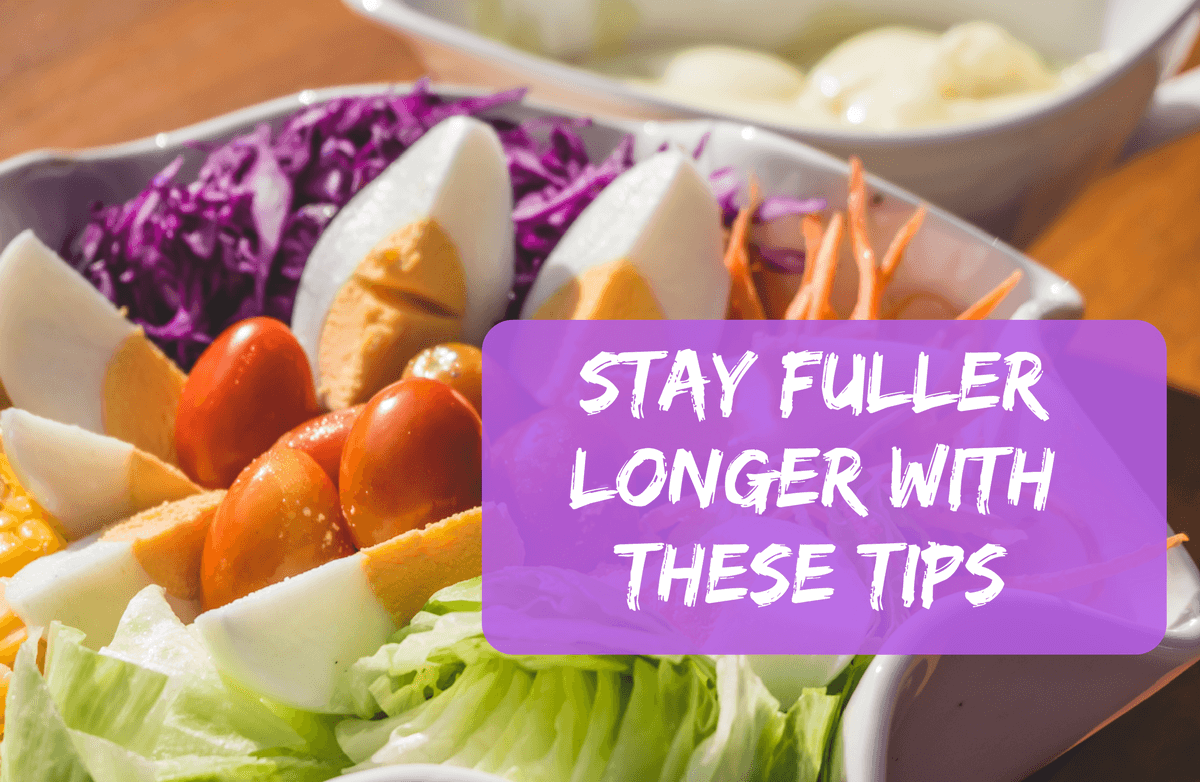|
The latest nutrition buzzword: probiotics, the live bacteria that maintain the balance of microorganisms (or "bugs") in your gut. And that’s proving to be vital for your health. Probiotics support digestion and strong immune function says New York City–based registered dietitian Rochelle Sirota. According to studies, they may also prevent obesity and improve your mood. You’ve no doubt heard that you can find probiotics in yogurt, but where else are the good bugs hiding? While there isn’t an official recommendation about how much probiotics you should eat, incorporating more of these 10 foods and drinks into your diet is a good start. 1. Miso Miso paste comes from aging and fermenting soybeans, a process that produces probiotics. One tablespoon packs only 40 calories but can be very salty, supplying nearly a third of your daily sodium limit—so use sparingly. Three ideas: Stir a teaspoon into salad dressing, meat marinades or salsa in place of salt, suggests registered dietitian Becky Hand, author of The Spark Solution. When going out for sushi, order miso soup to start. Find miso at larger or specialty grocery stores. 2. Kimchi This fermented, slightly spicy cabbage is popping up on more Asian-inspired menus. “Cabbage requires only salt to start the fermentation process, which gets several probiotic bacteria working,” say Lisa Brown and Jennifer Medina, registered dietitians at Brown & Medina Nutrition in New York City. Aside from good gut health, “kimchi is loaded with vitamins that may ward off infection,” they add. Look for it at Asian grocery stores or in the refrigerated section at specialty and larger grocery stores. 3. Oatmeal with Banana Slices and a Drizzle of Honey These three foods don’t have probiotics; instead, they contain prebiotics. “These are complex sugars that feed the good probiotic bacteria already living in your digestive system, promoting gut health,” say Brown and Medina. Sounds like a delicious breakfast! Click here for more good sources of Probiotics from Woman's Day. More from Woman's Day: Are you getting enough Probiotics? What foods do you eat that have Probiotics in them? |
More From SparkPeople
|














